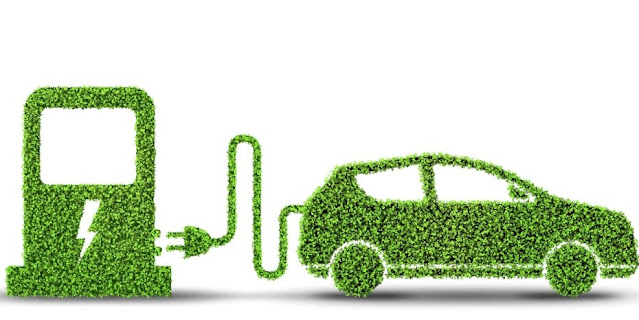Advantages and Disadvantages of EV (Electrical Vehicles)
Advantages of EV Vehicles:
Environmentally friendly: EV vehicles produce zero emissions, which makes them a more sustainable and eco-friendly alternative to traditional gasoline-powered cars. This can help reduce air pollution and greenhouse gas emissions.
Lower operating costs: The cost of electricity is generally lower than gasoline, which makes electric cars less expensive to operate in the long term. Additionally, EVs require less maintenance as they have fewer moving parts than internal combustion engine vehicles.
Quiet and smooth ride: EVs produce less noise and vibration than traditional cars, which can provide a quieter and smoother driving experience.
Incentives and tax credits: Many governments offer incentives and tax credits for purchasing an EV, which can make the initial cost of buying one more affordable.
Disadvantages of EV Vehicles:
Limited range: EVs typically have a shorter driving range than traditional gasoline-powered cars, and it can take longer to recharge the battery than it takes to fill up a gas tank.
Charging infrastructure: In some areas, the charging infrastructure for EVs is not as developed as it is for traditional gas stations. This can make it difficult for drivers to find a charging station when they need it.
Initial cost: EVs are generally more expensive than traditional cars, which can make them unaffordable for some buyers.
Battery technology: Battery technology is still evolving, and current batteries can be heavy and expensive. This can impact the performance and cost of EVs.
Limited availability: While the availability of EVs has increased over the years, they are still less common than traditional cars. This can limit the options for drivers who want to purchase an EV.




Bass Electric exceeded all my expectations. Their electricians were courteous, skilled, and took the time to ensure every detail was perfect. They handled the project safely and efficiently, even checking other connections to make sure everything was up to code. It’s clear they care deeply about their customers and their reputation. I wouldn’t hesitate to call them again for any future electrical needs!
ReplyDelete